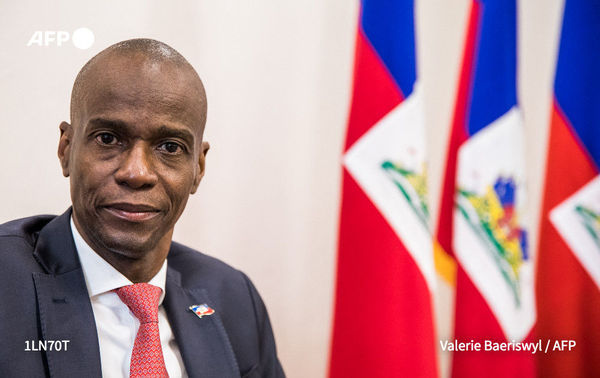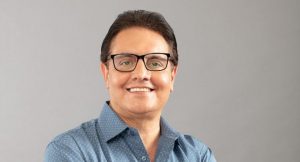An American was among six individuals held in connection with the assassination of Haiti President Jovenel Moise, authorities said on Thursday. Haiti elections minister Mathias Pierre said that the American was of Haitian origin, although he did not confirm news reports of him being identified as James Solages.
“Among the assailants, six are in the hands of the police,” National Police Director Leon Charles was quoted by AFP as saying.
This comes after a United Nations envoy to Haiti had earlier confirmed that police had surrounded a group of potential suspects in the killing, AFP reported.
Also Read | Haiti: A history of political turmoil
Helen La Lime had said that four individuals who attacked the presidential palace on Wednesday and shot the president had been killed by the police and that six others were in custody.
“I’m also aware that a larger group of possible perpetrators have taken refuge in two buildings in the city and they are now surrounded by the police,” she told New York journalists via video conference.
At around 1:00 am local time on Wednesday, gunmen attacked the heavily-guarded private residence of President Moise in the capital city of Port-au-Prince.
Also Read | Assassination of Haitian president Jovenel Moise: What we know
Moise was shot dead by what officials are saying was a commando of trained killers, while his wife, Martine, was critically wounded and had to be evacuated to Miami for further treatment.
The motive of the attack is not known so far.
The attack has pitched the poorest nation in the Americas deeper into chaos as a power vaccum creates further turmoil in a country gripped with hunger and gang violence.
Prime Minister Claude Joseph has claimed that he is “in charge” of the impoverished country, however, he was scheduled to be succeeded by Ariel Henry, appointed by the president a day before his assasination this week.
Moise, a 53-year-old businessman appointed president in 2016, has faced mass protest against his rule multiple times – over charges of corruption, management of economy and increasing consolidation of power.







